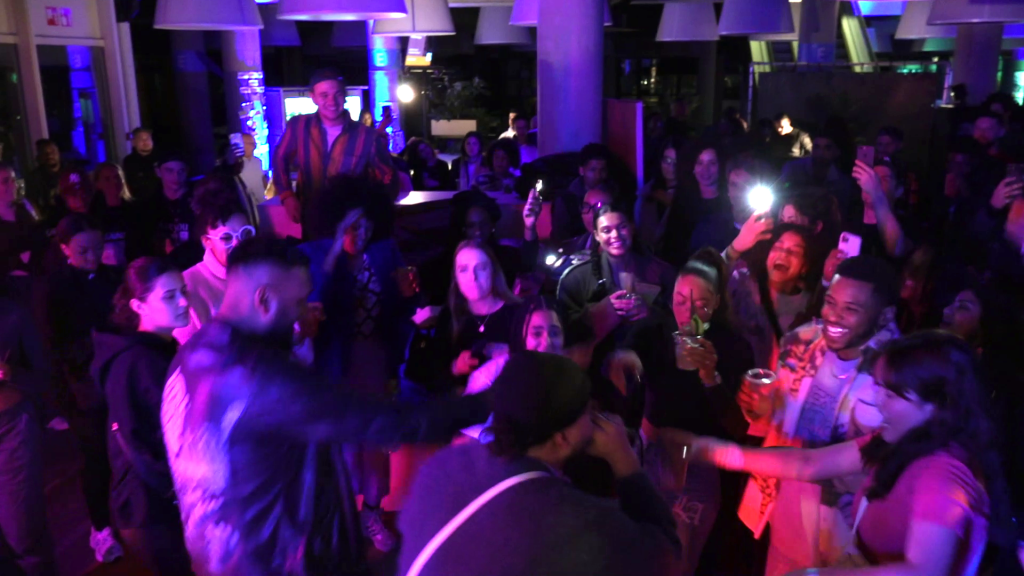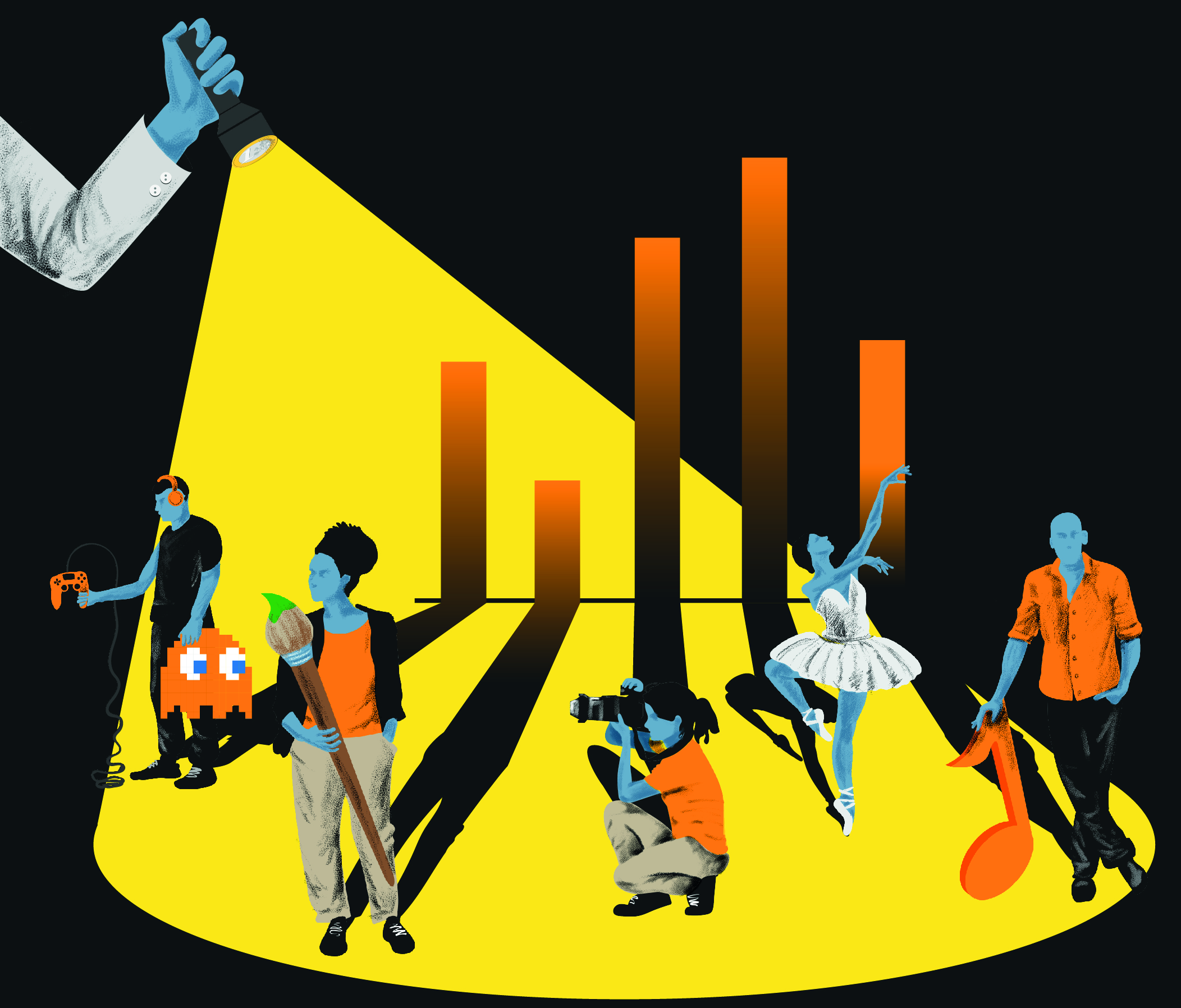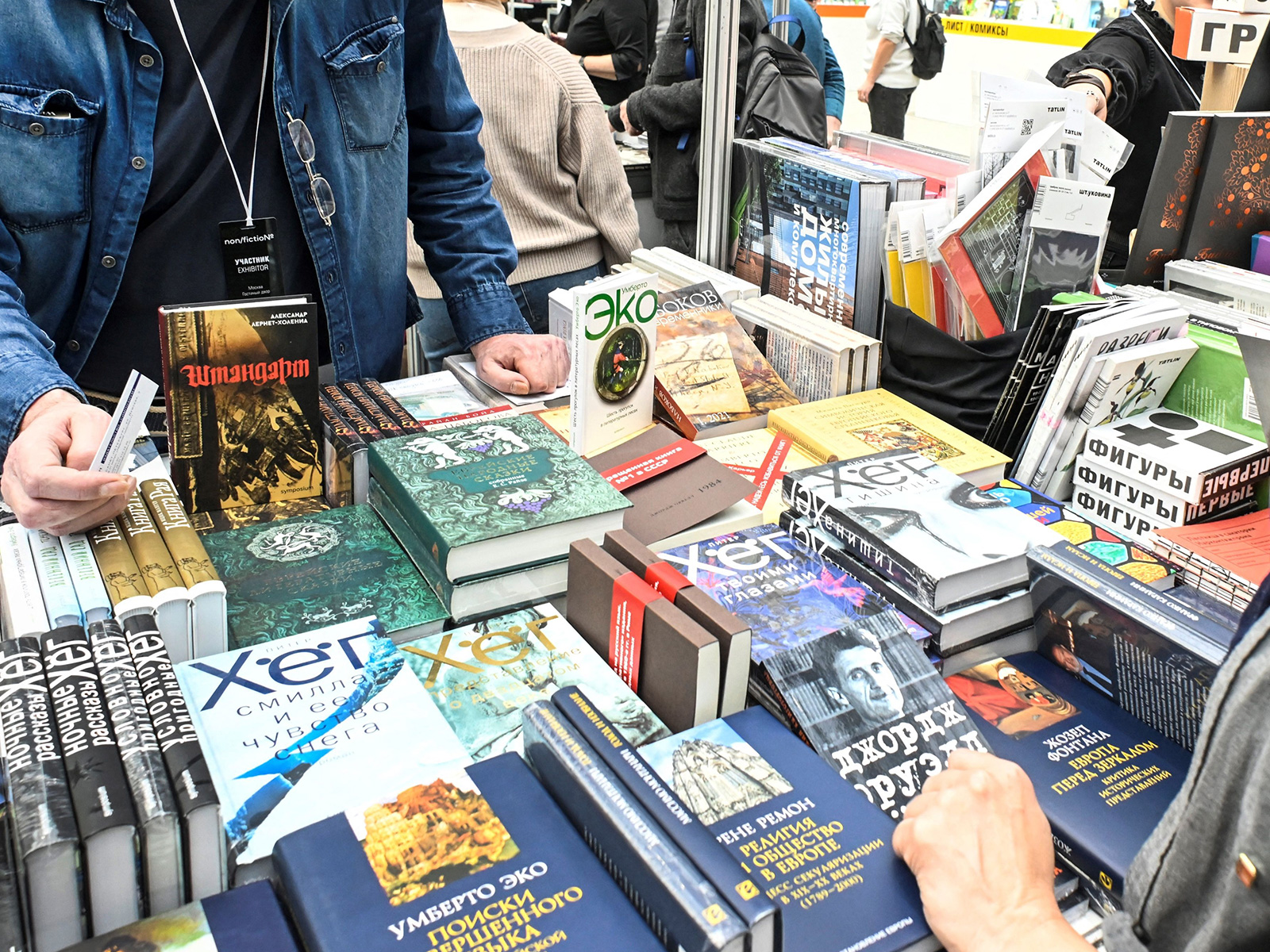- De Bieb Letter
- Posts
- De Bieb Letter #284
De Bieb Letter #284
Welkom!
Een nieuwe week, een nieuwe dinsdag en een nieuwe Bieb Letter.
Dit keer geen ellenlange versie, gewoon lekker kort en bondig!
Veel lees- en inspiratieplezier!
1. Feest
In de bibliotheek kun je best een groot feest bouwen. En samenwerkingen kun je best vieren! Bijvoorbeeld in Rotterdam!
Quardin vierde haar 4-jarige samenwerking met Bibliotheek Rotterdam door middel van een IMPACT NIGHT. Verschillende deelnemers werden in het zonnetje gezet en vertelden over hun proces. Daarna gingen de club lichten aan en werd de bieb omgetoverd tot een nachtclub met cocktails en Dj’s.
2. Cadeau
Ok, bibliotheken en boekhandels hebben eigenlijk niet veel met elkaar te maken en eigenlijk toch ook wel.
Het is toch wel interessant om te lezen waarom mensen een boek als cadeau geven. KVB Boekwerk heeft een nieuw rapport gepubliceerd. Lees vooral de tips! Ook over e-books.
Toch leveren e-books en luisterboeken voor specifieke ontvangers voordelen op. Zo gaf een respondent aan: ‘Ik kan niet goed lezen in het OV, daar word ik misselijk van en daarvoor is het (luisterboek) wel heel goed’. Dit maakt dat e-books en luisterboeken voor bepaalde (niet-)lezers toch een geschikt cadeau.
3. Meten
Hopelijk zijn bibliotheken nog steeds bezig om een inclusieve organisatie te zijn. Maar er is wel wat nodig om dit te worden. Te beginnen met de huidige situatie. En hoe meet je nu hoe inclusief je bent? Onderstaand artikel en het op te vragen rapport duiken in de culturele sector, maar je kunt zeker de bibliotheekorganisatie hier in herkennen. Doe je voordeel ermee!
Het meten van diversiteit in de culturele sector is belangrijk, maar ook moeilijk. Musea, fondsen en gemeenten waarderen ‘biculturaliteit’ of ‘migratieachtergrond’ in sollicitatieprocedures of fondsaanvragen, maar het meten daarvan roept vaak ongemak op. De auteurs leggen uit waarom, gaan in op het belang van het meten van etnoraciale diversiteit, en doen een voorstel voor hoe het kan.
4. Bingen
Gaan we in de toekomst toch niet meer googlen/googelen/googleen? Zoals je wellicht weet heeft Microsoft ChatGPT overgenomen om het in hun zoekmachine Bing te stoppen. Gaan we in de toekomst onze informatievaardigheden anders inrichten?
And then we’ve incorporated chat right into search, and that chat is grounded in search data. So you can do a natural language prompt or a query, which is long, you get a great answer, and then you can engage in a conversation with the prompt as the grounding or the context. So it’s about basically bringing in a more sophisticated, larger, next-generation model compared to ChatGPT and grounding it in search data.
Of gaan we toch blijven bij Google?
GOOGLE ISN’T ABOUT to let Microsoft or anyone else make a swipe for its search crown without a fight. The company announced today that it will roll out a chatbot named Bard “in the coming weeks.” The launch appears to be a response to ChatGPT, the sensationally popular artificial intelligence chatbot developed by startup OpenAI with funding from Microsoft.
5. Kracht
In april vindt er in Luxemburg een conferentie over bibliotheekkracht plaats. Ben jij bang voor Library Power?
The bottom line of the conference, and its most resonant message, is that libraries are not self-referential institutions; they do not work in isolation. They reflect the needs of the communities they serve. Democratic values and sustainable development goals inspire the objectives they pursue, the operations they carry out, the methodologies and technologies they adopt. In this way they exert influence on people, underline diversity and create pre-requisites for the integration of minorities. In all their endeavors – from lifelong learning to digital literacy, from social cohesion to cultural heritage - they give a concrete meaning the common European identity.
6. Anders
Eigenlijk willen we niet anders zijn, maar toch wel. Het is daarom goed om een goed overzicht te hebben van alle niet-Nederlandstalige boeken in Nederland. De KB heeft ervoor gezorgd dat nu zichtbaar is. Hoezee!
Het idee voor het dashboard is ontstaan toen Nederlandse bibliotheken Oekraïense vluchtelingen wilden helpen. Astrid Kraal, netwerkmanager bibliotheekstelsel bij de KB: “Met de komst van Oekraïense vluchtelingen merkten bibliotheken dat de vraag naar Oekraïens lees- en luistermateriaal steeg. Maar Nederlandse bibliotheken beschikken over lees- en luistermateriaal in zóveel meer talen. Dat is bij lang niet bij iedereen bekend. Wij stimuleren graag het lezen onder alle Nederlanders. Of dat nu in het Nederlands gebeurt, of in een andere taal.”
7. Feiten
Als bibliotheken zijn we van de feiten. Maar wat als bibliotheekfeiten nu eigenlijk niet echt zijn? Dan moeten ze gecheckt worden!
Yevheniya Kravchuk, deputy head of the Ukrainian parliament's committee on humanitarian and information policy, said that "some Ukrainian-language books are also written off of the Soviet era."
"There are also recommendations to write off and remove books whose authors supported the armed aggression against Ukraine," a translation of Kravchuk's statement read.
"There is a whole list of such authors who fell under sanctions. In general, the ratio of books in Russian and in Ukrainian in our libraries is very sad.
"So now it's about, that it is rather necessary to renew funds and purchase books in Ukrainian."
This is where the tweet about the "ban" misleads. Crucially, the tweet doesn't give us this additional context to judge the reporting of the story correctly.
Without further information, we can't know whether all the books banned were by Russian authors or about Russia, whether 19 million separate books were banned or what proportion of Russian-language books will be replaced by Ukrainian editions.
8. Spullen
Waarom zou je niet een snoepautomaat kunnen vullen met andere noodzakelijke artikelen?
Nichts.📌Amerika-Gedenkbibliothek & 📌Berliner-Stadtbibliothek http
— ZLB Berlin (@zlb_Berlin)
8:05 AM • Feb 7, 2023
9. Mondig
Zouden we als bibliothecarissen niet mondiger moeten zijn? Dat zou echt heel veel schelen. Gelukkig zijn er wel een paar.
But have we, as a profession and as a sector, internalised these messages too much? Do we silence ourselves when we should be speaking out against the injustices we witness in our workplaces, amongst colleagues and in the LIS sector? Have we somehow convinced ourselves that we have no need to speak out because our ‘good librarian intentions’ speak for us, because we think of our libraries as places of neutrality and sanctuary? Surely they must be?
Tot volgende week!
Bedankt voor het openen, lezen, scannen van deze editie!
Tot volgende week!
Groet,
Patrick



/cdn.vox-cdn.com/uploads/chorus_asset/file/22679819/VRG_ILLO_Decoder_Satya_Nadella_s.jpg)




